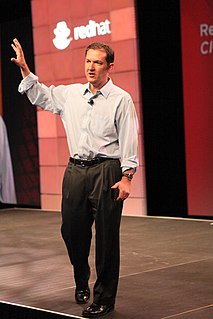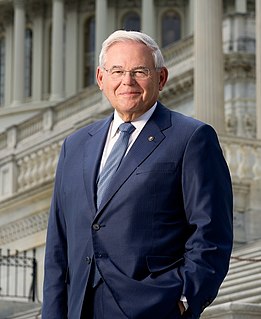A Quote by Tom Vilsack
To help producers serve larger institutional customers like schools and hospitals, USDA has helped fund new regional infrastructure like cold storage warehouses, commercial kitchens and local slaughter facilities.
Related Quotes
The academisation of schools under New Labour helped the Conservatives bring free schools into being. They said the new model would allow enthused parents to open schools. Instead, most free schools and academies are run by large chains that can outsource their IT facilities, cleaning services and other non-teaching jobs.
Many of the problems of poverty and need are really problems of physical infrastructure: not enough hospitals, too few schools, insufficient roads, bridges, and a lack of tools. This is what makes traditional philanthropy so daunting. You could build a thousand new hospitals in some parts of the world and barely make a difference.
Delta's plan to upgrade JFK facilities will improve our customers' travel experience and make it more efficient and enjoyable to travel through one of the world's premier international gateways. Our customers should make no mistake that Delta is committed to New York and that this summer's expansion at JFK is an important step in offering enhanced service to customers in most every direction we serve from New York City.
I have met vegetable growers who offer seasonal produce grown for taste rather than the ability to survive weeks in cold storage; meat producers who rear fantastic rare-breed pork, lamb and beef; and delis that stock local produce that will never find its way into supermarkets because it is not made in bulk.
If you ask who are the customers of education, the customers of education are the society at large, the employers who hire people, things like that. But ultimately I think the customers are the parents. Not even the students but the parents. The problem that we have in this country is that the customers went away. The customers stopped paying attention to their schools, for the most part.
I was in New York last Christmas - it's snowing; there's a guy in a t-shirt. I'm like, 'Dude, aren't you cold?' 'No, I'm from New York. I don't get cold.' Just 'cause you're from a cold place doesn't mean you're genetically predisposed to not feeling cold. You're not a penguin. I was like, 'In fact, sir, you're Puerto Rican, so if anything, you should be more cold.
What makes the Amazon-Whole Foods deal so problematic is that they are going into an industry with large infrastructure, brick-and-mortar cost, and seeking to build consolidation where we already suffer from consolidation. It's not like Walmarts and Targets have been good for wages or local grocery stores or niche producers.


































